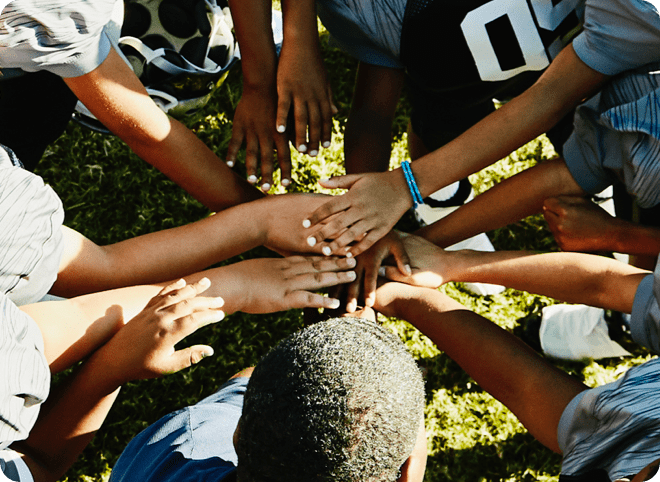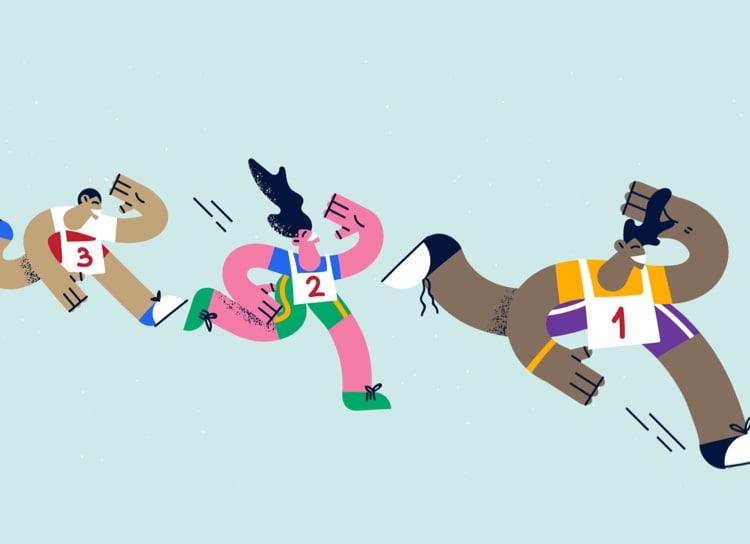

Talk with the coach or director. Playing sports or participating in other extracurriculars, such as dance, theater, or choir means a busier schedule. Talk to the coach or supervisor to establish a plan that you and your child can work with. Sticking to treatment is still important—even on game days or during rehearsals.
Consider adding more electrolytes. People with cystic fibrosis (CF) are prone to electrolyte depletion from sweating, especially when it’s hot or when they exercise. Sports drinks with extra electrolytes are important as they can replace the electrolytes your child loses through sweating.
Try cooking with more salt. People with CF are encouraged to eat food that is rich in sodium. So, after a practice or game, it may be helpful to cook a meal with more salt, or have your child eat a salty snack.
Getting involved
Encouraging your child to participate in sports or clubs may benefit him or her in many ways, including:
Mind-body relationship:
Getting involved in sports and other extracurricular activities has been associated with:
-
Reduced symptoms of depression and anxiety
-
Improved sleep quality
-
Enhanced cognitive functions
-
Improved memory and ability to pay attention
Social interactions:
Participating in a sport or joining a club is one way for your child to make friends and help gain confidence.
Independence:
Sports and extracurriculars can help children and teens increase their independence. Encourage your child to accept responsibilities that come with getting involved, like packing a post-practice snack or keeping gear organized.
Breathing benefits:
There’s a growing body of evidence suggesting that exercise and physical activity can lead to improvements in lung function. Exercise can also help people with CF benefit from enhanced airway clearance. Translation: better mucus clearance, healthier lungs. Singing may also improve respiratory status and support airway clearance through diaphramatic breathing and respiratory muscle engagement! Just make sure to consult with your child’s care team before they start any new activities.
Staying active
Wondering what exercises to incorporate into your loved one’s schedule? Try these activities at playtime.
Aerobic or cardiovascular exercises strengthen heart and lungs:
Running games
Dancing
Jumping rope/jumping jacks
Playing tag
-
Tricycling or biking
-
Skating
-
Skateboarding
-
Practicing gymnastics
Core strengthening and chest mobility exercises increase abdominal strength, chest wall strength, and mobility (flexibility):
-
Blowing bubbles
-
Playing on the monkey bars
-
Doing sit-ups, crunches, and push-ups
-
Playing catch, dribbling, or hitting a ball with a bat
Respiratory muscle training can work out your lungs in different ways:
-
Singing
-
Playing wind instruments
